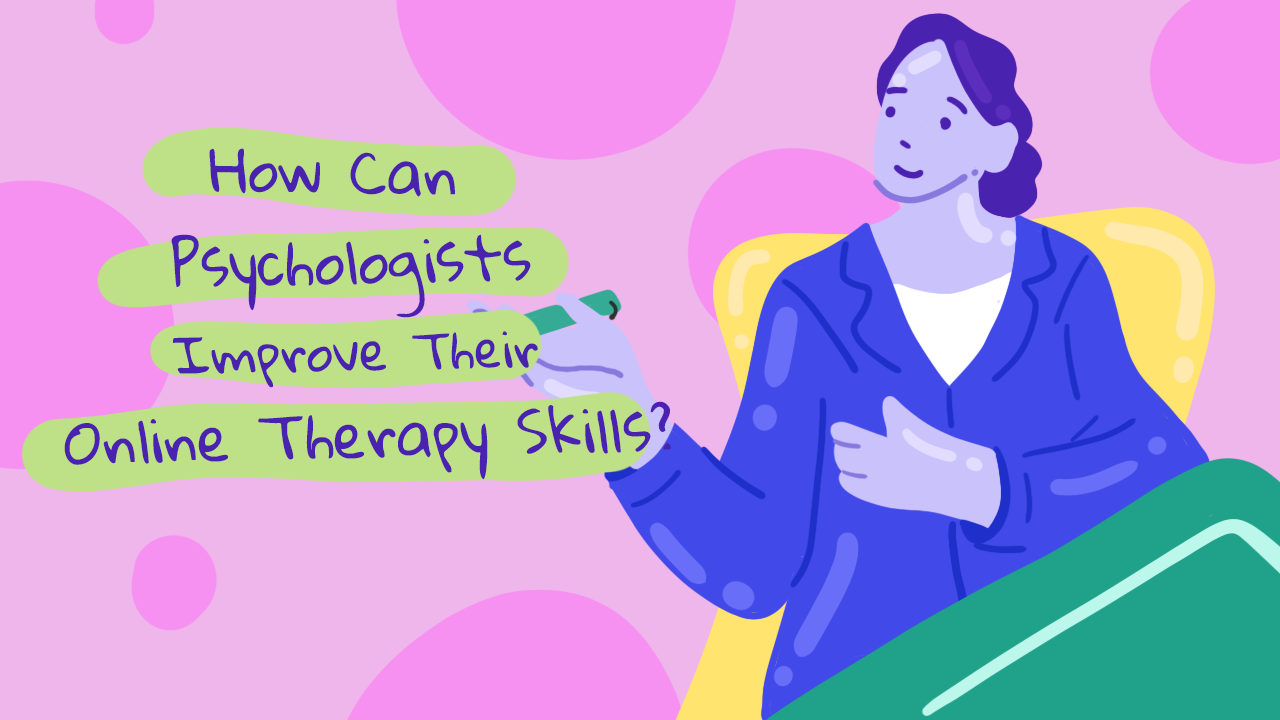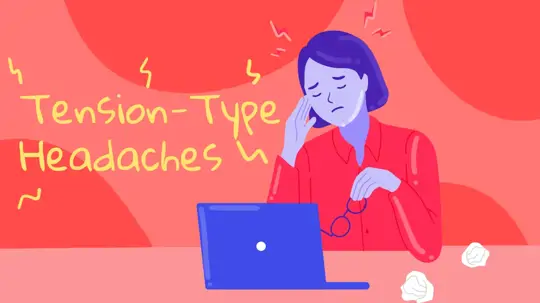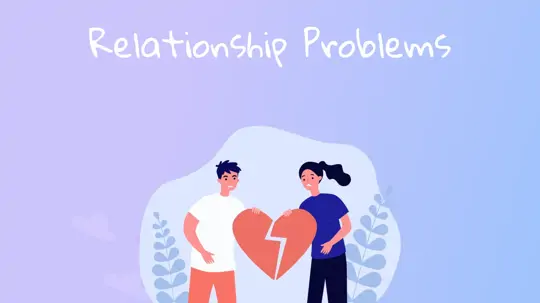
Start feeling better today!
Connect with your therapist today and take control of your life like our 850.000 happy clients.
Get StartedTransition from In-Person to Online Therapy
I enjoy traveling because I believe that seeing lives in countries other than my own broadens my horizons as a clinician and allows me to look at experiences in new ways. I enjoy wandering around their grocery stores and attempting to guess what they eat in their daily lives, from the use of plastic in the vegetable aisle to their approach to sustainability, and observing how people in that country reflect themselves.
Before the coronavirus pandemic, I used to travel a lot for my job as a new graduate and licensed therapist. When I was able to adjust my schedule, I would recommend that we conduct our session online so that my clients' processes were not disrupted. Unfortunately, when I was a new graduate, online psychotherapy was almost nonexistent, and few clients were willing to do therapy sessions online due to concerns about its effectiveness. Our sessions and supervisions had always been held in offices.
My Journey with Hiwell Online Therapy
When Hiwell founder Ali Ozan Özçiçek told me about the platform he wanted to create, I was overjoyed. Not having to interrupt the therapeutic process because clients go on long-term trips, visit their families in the summer, or start living in another country or city, the freedom to work anywhere in the world, and the ability to reach clients living in different parts of the world, have been all dreams of mine.

The Advantages of Online Therapy
As a client, I cannot emphasize enough the flexibility and accessibility of online psychotherapy. Although psychotherapy is a process that begins on the road (thinking about what to talk about on the way to therapy, for example), I believe the following benefits make online psychotherapy far more advantageous:
- Getting therapy in one's safe space
- Not wasting time in traffic
- Not being concerned about the possibility of being late
- Not having to rush anywhere after coming out of therapy
- Accessing this service from anywhere in the world, no matter how isolated one is
A Safe Online Therapy Room: Home
Online psychotherapy, unlike traditional in-person therapy, requires some skills on the part of therapists. Even if we are not physically present, our clients may require the impression that we are. Because our brains are designed to survive, they are constantly looking for ways to feel safe and ensure their survival, regardless of whether the danger is social or physical.
According to Ferhat Jak İçöz's book The Unbearable Lightness of Being Yourself, home, as the place where we keep our physical existence and create ourselves, protects us from the uncanny and uncertainty of life. He claims that we need our own space in order to be relatively free of our family, society, daily problems, and the power of others over us (p. 48).
Home is where we feel safe, and where we feel safe, we can be ourselves. As a result, it is critical that we feel at ease and secure in the therapy room. Otherwise, my brain might think I'm in a dangerous forest. As a result, my priority may be to be present and rooted in my session room in order to demonstrate my presence.
Skills of an Online Therapist
We can discuss psychological counseling skills after we have chosen our room and settled into our armchair in order to exist in peace and tranquility. In this article, we will go over the four fundamental skills that all therapists should have when conducting online therapy sessions:
- Active Listening
- Nonverbal Communication Skills
- Tolerance for Silence
- Empathy

Active Listening
To begin with, active listening is the most important and fundamental for our relationship with our client (Jagosh et al., 2011), but it is also one of the most difficult skills to maintain because it requires our skills as psychotherapists to manage our own inner thoughts and distractions in our environment.
While managing our inner world as a psychotherapist and our responses to stimuli in the outside world, active listening may also require taking notes of the client's life cycles (Egan & Schroeder, 2019). It may be possible to try to look at the screen while taking notes online, even if we cannot make eye contact as in the therapy room where we are physically present.
If a question arises in our minds while the client is describing an event, it may be helpful to bring ourselves back to the present moment and practice it repeatedly. Observing ourselves during the session and seeing how our inner world reflects on the screen can help us see how our client makes us feel, predict how they might have made the people around them feel, and make this a discussion in therapy.
Nonverbal Communication Skills
Understanding nonverbal communication with clients is equally important (Egan & Schroeder, 2019). While it is possible to lean toward and approach the client in the therapy room, it is possible to do so in a variety of ways in the online psychotherapy environment. Leaning towards the screen, pulling the tool we use for therapy towards ourselves, and getting closer to the camera may be options in such a situation.
Otherwise, because we can only see a portion of the clients' body language in the online psychotherapy environment (only the upper body), it may be necessary to keep our attention as focused as possible. It may be necessary to make sense of this type of communication because some nonverbal communication styles may be indicators of the client's coping mechanisms. For example, the client's smiling, averting their gaze, and describing an unpleasant life event without using any facial expressions can provide us with information about the person's coping mechanisms.
Furthermore, because the client in online therapy can see only a portion of our bodies, our lack of comfortable communication with the visible part of our bodies can help the client relax during the session, even to the point of transferring our verbal and nonverbal communication styles to the client. Slowing down our body language and speaking in front of a client who is sitting in a session chair with intense anxiety, for example, can help the client co-regulate with us and slow down and relax.
Tolerance For Silence
Aside from that, while moments of silence in psychotherapy are difficult to maintain as a therapist, it can be more difficult to bring our minds to the screen every time, despite different stimuli at home, such as a sound coming from the living room, a bird passing by the window, or cats playing with each other in the street.
When the client remains silent, giving them space to organize their thoughts, answer a question we ask (Ladany et al., 2004) or deepen insight and process compelling emotions within themselves (Kulzer & Beck, 2018), it can be significant to practice silence continuously in sessions in order not to disturb the silence and to stay on the screen without paying attention to the stimuli inside or outside the house.
Empathy
Empathy is another way for us to form a strong therapeutic alliance with our clients. When I looked up definitions of empathy in the literature, my favorite was "the process of understanding another person's experience while maintaining one's own perspective" (Rogers, 1975). To accomplish this, therapists may need to first cognitively understand the client's situation. The therapist can then express empathy through verbal or nonverbal expressions that correspond to the client's feelings (Bowman et al., 1978).
To be able to use our body language to convey empathy in online psychotherapy, it may be preferable to distance ourselves from the tool we use for therapy, rather than make close contact with the camera, where the client can see us more limitedly, and to make the client see our body language as much as possible.
Furthermore, being present with our conscious awareness, approaching the client's experience and emotion with the curiosity of a novice mind, which is one of my favorite mindfulness attitudes, trying to understand the client, concretizing the concepts sometimes using body language or objects while trying to understand, and acting in the same way with the client while concretizing across the screen may still be options.
Conclusion
Although we have been experiencing online existence for a long time, online psychotherapy is a relatively new field. It may necessitate further development of internal regulation skills for us as psychotherapists. Having a good supervisor from our field not only makes us feel safe during this process, but it also helps us develop these skills.
Sources
- Bowman, J. T., Roberts, G. T., & Giesen, J. M. (1978). Counselor trainee anxiety during the initial counseling interview. Journal of Counseling Psychology, 25(2), 137–143. https://doi.org/10.1037/0022-0167.25.2.137
- Egan, G., & Schroeder, W. (2019). The skilled helper: A problem-management and opportunity-development approach to helping. W. Ross MacDonald School Resource Services Library.
- Jagosh, J., Donald Boudreau, J., Steinert, Y., MacDonald, M. E., & Ingram, L. (2011). The importance of physician listening from the patients' perspective: Enhancing diagnosis, healing, and the doctor–patient relationship. Patient Education and Counseling, 85(3), 369–374. https://doi.org/10.1016/j.pec.2011.01.028
- Kulzer, J., & Beck, K. (2018). Teaching counseling microskills to audiology students: Recommendations from professional counseling educators. Seminars in Hearing, 39(01), 091–106. https://doi.org/10.1055/s-0037-1613709
- Ladany, N., Hill, C. E., Thompson, B. J., & O'Brien, K. M. (2004). Therapist perspectives on using silence in therapy: A qualitative study. Counseling and Psychotherapy Research, 4(1), 80–89. https://doi.org/10.1080/14733140412331384088
- İçöz, F. J. (2020). The Unbearable Lightness of Being You. Born Novus.
- Rogers, C. R. (1975). Empathic: An unappreciated way of being. The Counseling Psychologist, 5(2), 2–10. https://doi.org/10.1177/001100007500500202





